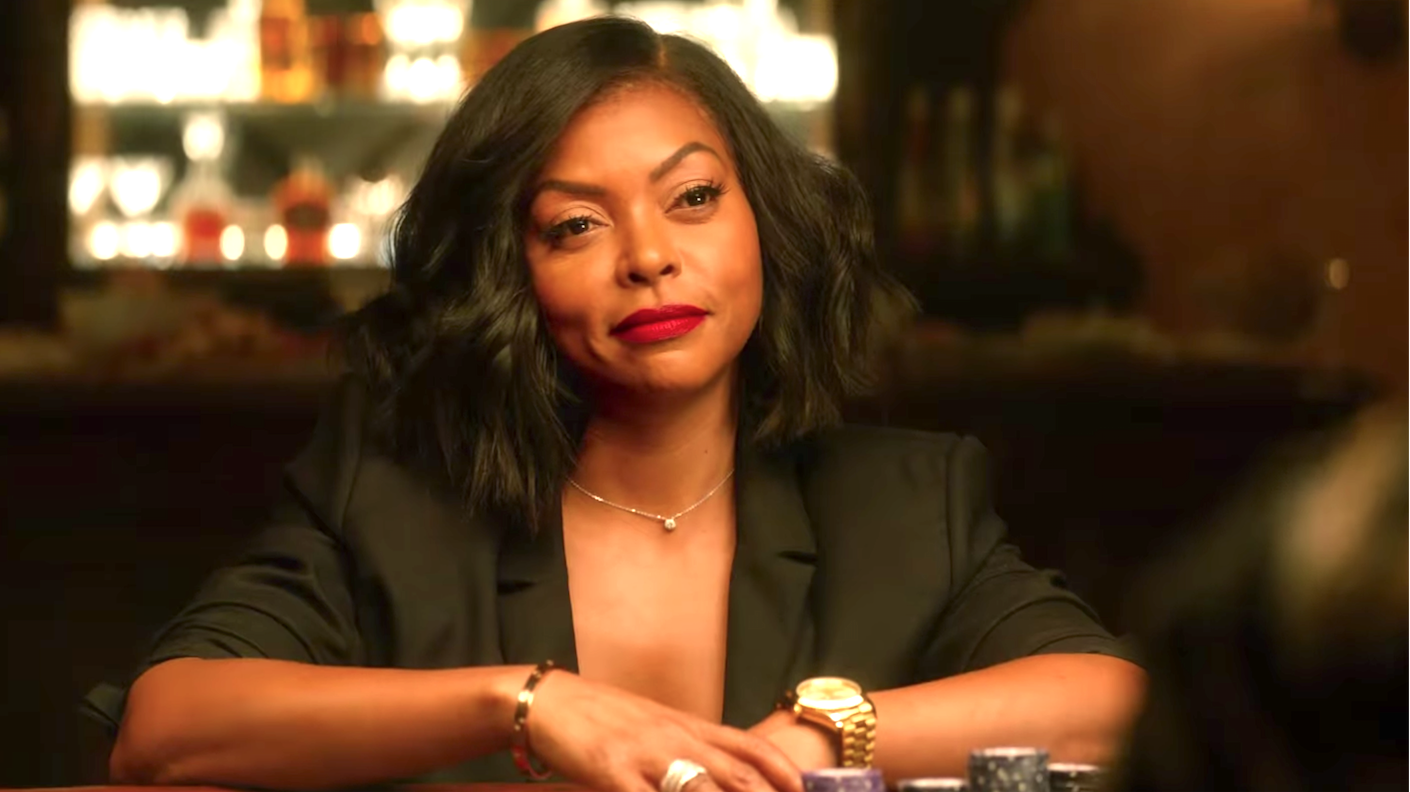Sword of Trust
by Cat McAlpine
On a hot summer day Cynthia (Jillian Bell) and Mary (Michaela Watkins) walk into an Alabama pawn shop with a sword to sell. Shop owner Mel (Marc Maron) listens in disbelief as the women explain: This isn’t just any sword. This Union officer’s sword, and its accompanying documents, can prove that the South actually won the Civil War.
Sword of Trust pokes at what and who we believe in, and why. What leads people to believe that the world is actually flat or the deep state is actively erasing battles from history books? How many times can we forgive someone before we simply can’t anymore? Filmed on location in Birmingham, the pace of the film matches the speed of summer in the south. No one moves too fast, talks too loud, or quite gets to the point.
Penned by Lynn Shelton (who also directed) and Mike O’Brien, the dialogue is almost too natural, suggesting that most of the script was largely improvised. The frame work is a little choppy, with a focus on Cynthia and Mary at the start that suggests more of an ensemble focus than is delivered.
As the action picks up Cynthia, Mary, Mel, and pawn shop assistant Nathaniel (Jon Bass, loveable) all warily agree to pile into the back of a moving van with an unknown destination.
“This is definitely how people die.”
“This is how individual people die. There’s four of us.”
Then, we’re hit with a momentum bait and switch. The longest scene of the film takes place in the back of the van where the characters explain exactly how they came to this point in their lives. This is when realize the real film is about Mel, and his ability to find satisfaction in life despite its disappointments.
As the emotional epicenter, Maron is a marvelous star. Not dissimilar from his performance in Netflix’s GLOW, Maron has the beautiful, stuttering delivery of a man who can admit his life is “tragic” without ever truly contemplating that reality. Unfortunately, the rest of the film doesn’t rise to meet his performance.
The action is predictable and anticlimactic. Mel is worrying over bad decisions and a woman he’s still in love with, but his only onscreen interaction with Deirdre (Lynn Shelton, again) is early on and devoid of context. There are bright spots, like Nathaniel’s patient diligence in trying to explain to Cynthia how the world is actually flat, but the film doesn’t quite shine.
The Sword of Trust skims over the top of conspiracy theories and their cult followers. Every believer is either a backwoods idiot or a loveable idiot, both easily dismissed. There’s an opportunity to explore the cultural black holes that create these communities, but Mel isn’t really interested in them, so the narrative isn’t either.
Ultimately, this is a worthy effort to highlight the people and stories that find themselves in small, southern towns. But the film would’ve benefitted from either more evenly distributing its focus on the lives of all of its players or narrowing the narrative sharply on Mel.












